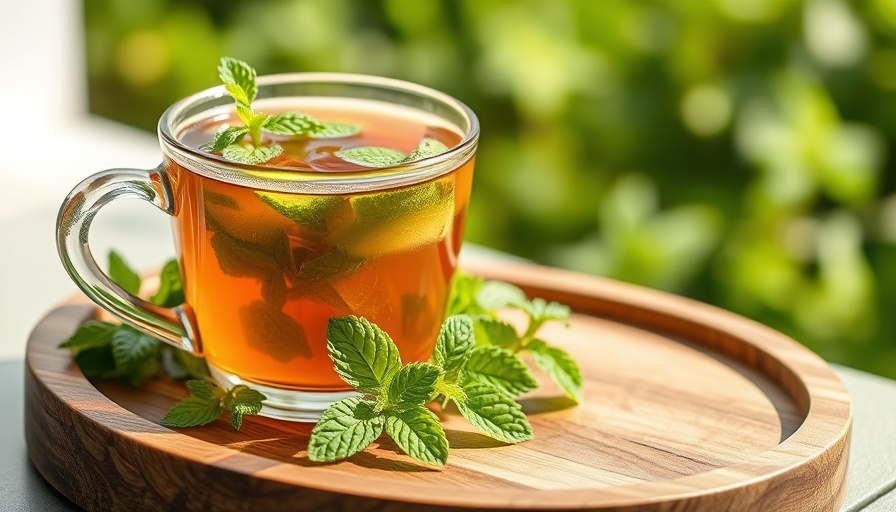
A Sweet Discovery: Stevia’s Role in Fighting Cancer
Recent research from Hiroshima University reveals that stevia, a popular sugar substitute, has surprising new powers. When fermented with a probiotic bacteria derived from banana leaves, stevia extract can target and kill pancreatic cancer cells while leaving healthy cells unharmed. This groundbreaking approach highlights the potential of using natural substances in cancer therapies, offering hope in a field where traditional treatments often fail.
Understanding Pancreatic Cancer’s Challenges
Pancreatic cancer remains one of the most aggressive forms of cancer, with a five-year survival rate of under ten percent. As associate professor Narandalai Danshiitsoodol states, the disease is highly invasive and resilient against conventional treatments like chemotherapy and radiotherapy, necessitating innovative solutions. This new method of utilizing fermented stevia may pave the way for future cancer treatments.
The Science Behind Fermentation
The key to this remarkable discovery lies in the metabolite known as CAME, which is produced after fermenting stevia with the Lactobacillus plantarum SN13T strain. This fermentation process transforms the stevia extract, enhancing its bioactive properties to more effectively combat cancer cells. As researcher Masanori Sugiyama explains, microbial biotransformation could significantly boost the efficacy of herbal medicine in cancer prevention.
A New Front in Herbal Medicine
This study not only underscores the potential of stevia as an anticancer agent but also illustrates a broader trend in medicine toward utilizing natural and plant-derived compounds in treatment protocols. The idea of enhancing traditional herbal extracts through fermentation could lead to more effective remedies that harness the strengths of nature for critical health challenges.
Looking Ahead: The Future of Cancer Treatment
With the promising results of this study, the future of pancreatic cancer treatment may lie beyond synthetic drugs. By exploring the relationship between natural substances and their impact on the body, we could witness a shift towards incorporating more holistic methods in medical practices. Further research will be necessary to validate these findings and optimize treatment options for patients fighting this aggressive disease.
 Add Row
Add Row  Add
Add 




Write A Comment